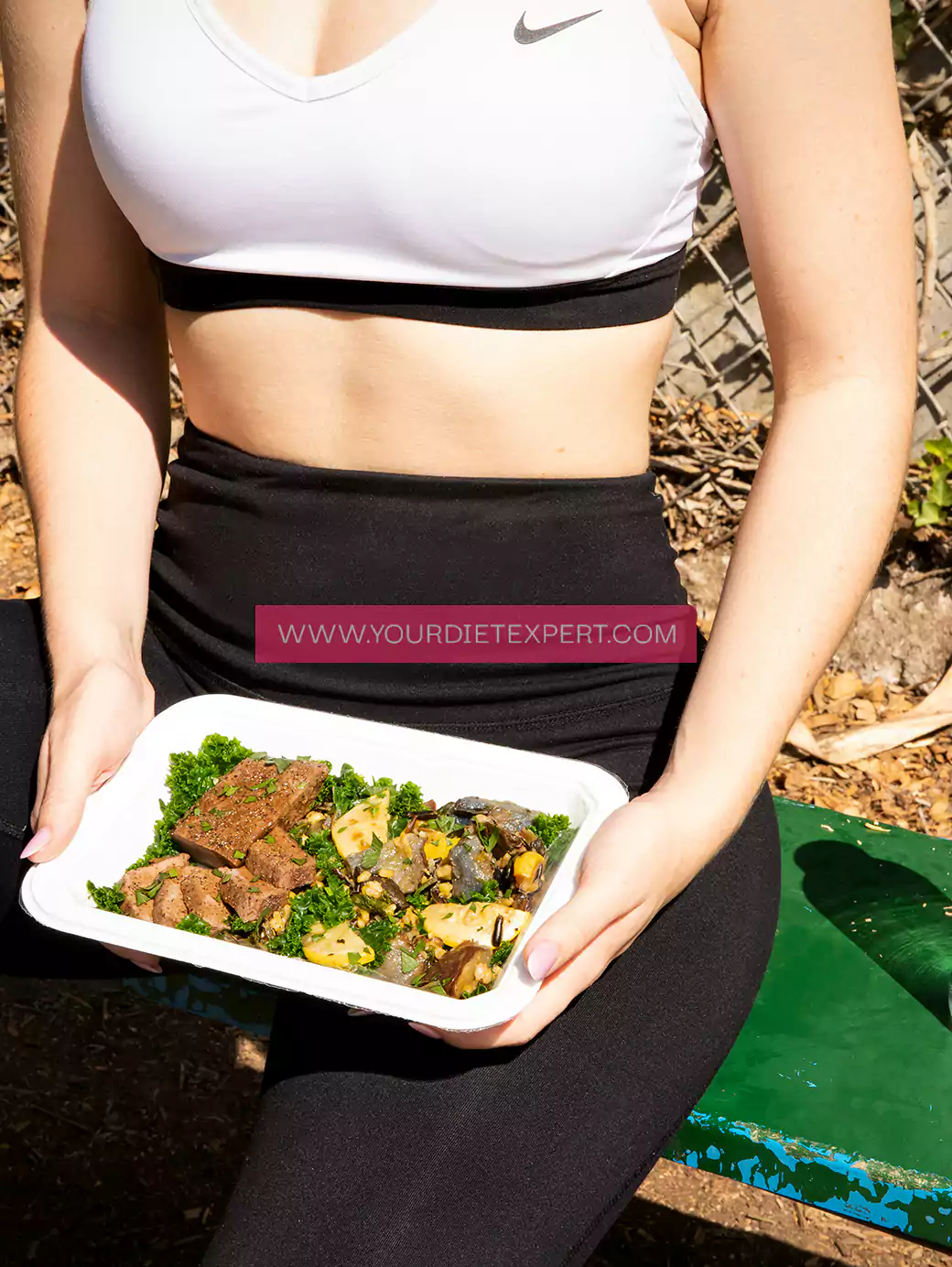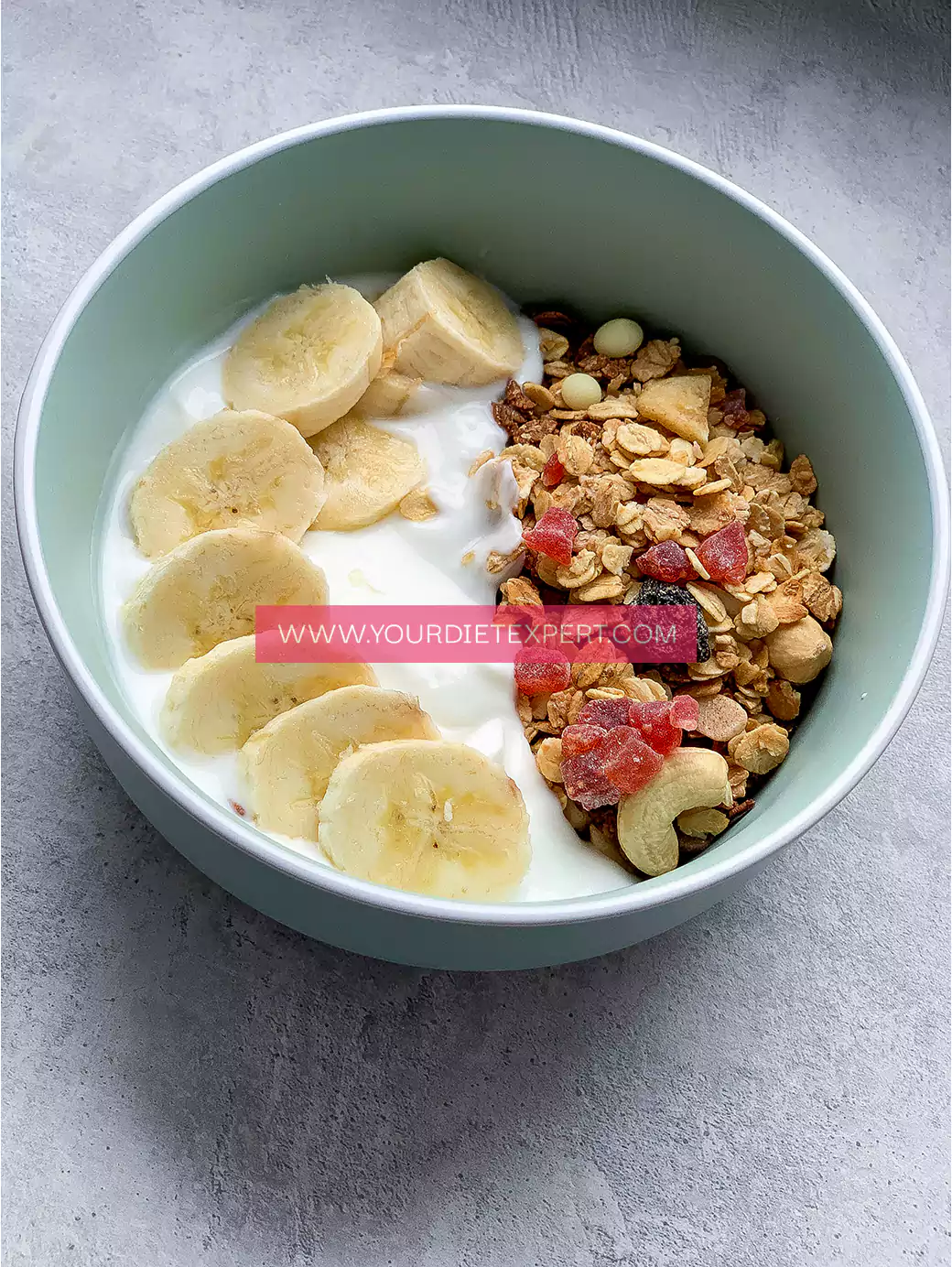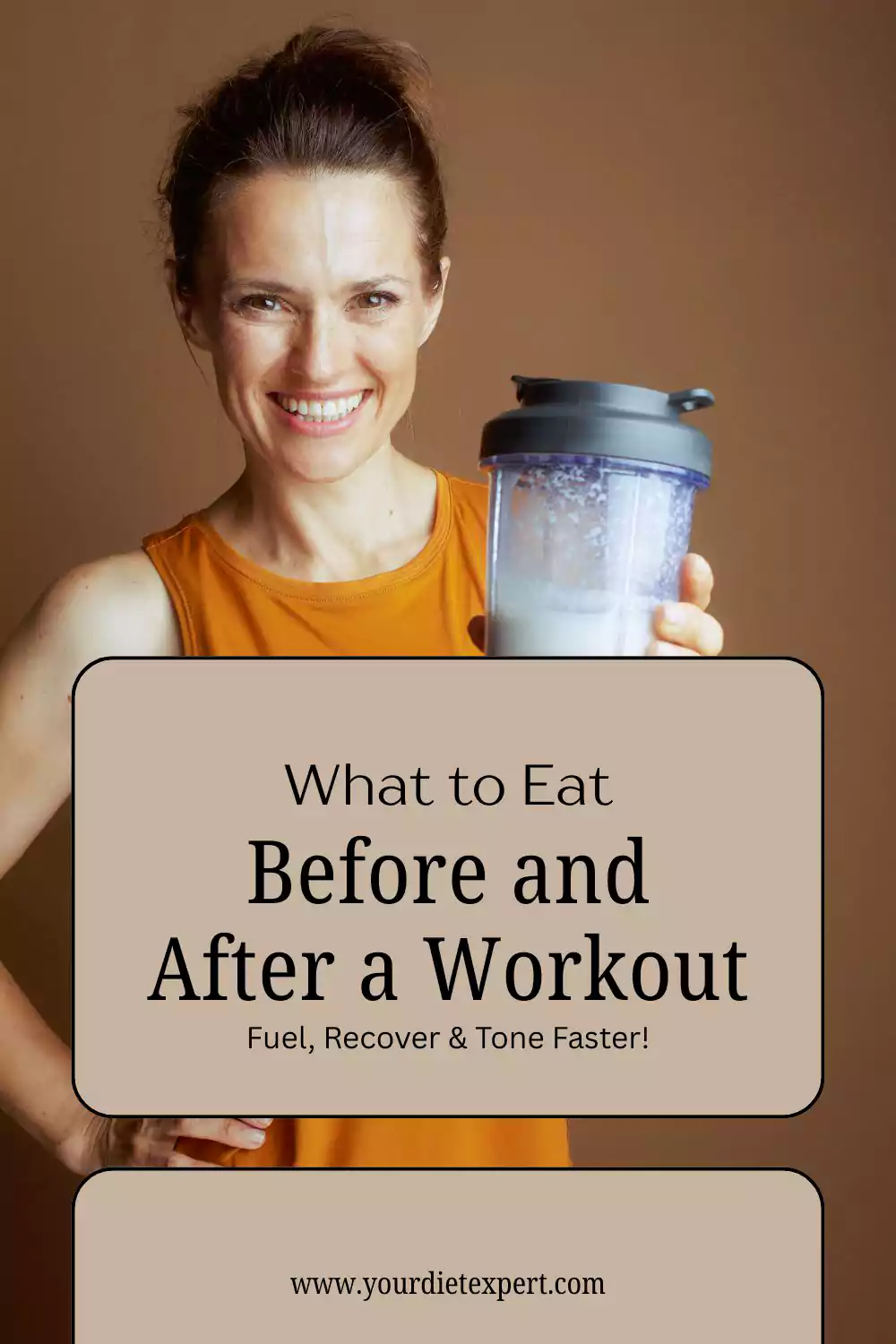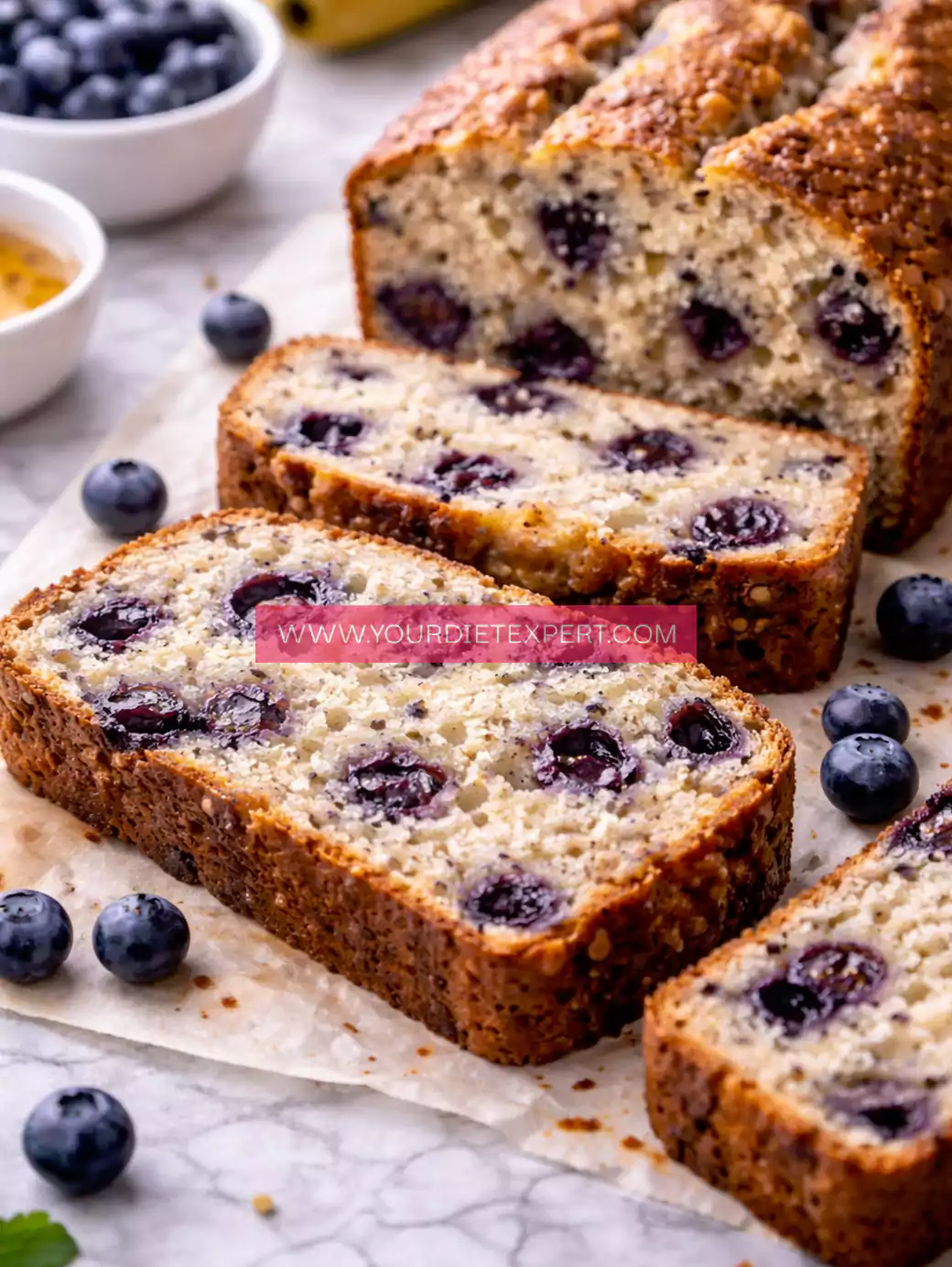Why pre- and post-workout food matters (quick science)
- Before exercise: the right mix of carbs + a little protein (and low fiber/fat right before intense sessions) gives you usable fuel and prevents blood-sugar dips. Sport nutrition guidelines recommend planning carbohydrate intake 1–4 hours before exercise depending on workout length and intensity. drugfreesport.org.za
- During exercise (longer sessions): consuming carbs during long or high-intensity sessions maintains performance (typical recommendation: ~30–60 g carbohydrates per hour for many activities). PMC
- After exercise: protein is essential to stimulate muscle protein synthesis (MPS) and repair — a practical target is 20–40 g of a high-quality protein after most workouts. When glycogen is depleted, aim to replenish with carbohydrates (many protocols suggest ~1.0–1.2 g/kg in the immediate recovery window for fast glycogen resynthesis, or ~1.0 g/kg/h depending on recovery needs). BioMed Central+1
- Hydration: start exercise well-hydrated. A common guideline is ~500 mL (≈17 fl oz) about 2 hours before activity to allow for absorption and normal bathroom breaks; individual sweat rates vary, so customize. PubMed
Those are the core rules; below I translate them into real food choices, timings, and sample plans for women with busy schedules.
Simple rules of thumb (women-focused)
- If your session is <45 minutes and low-moderate intensity: a small snack or some water is usually fine. Aim for ~15–30 g carbs if you feel low energy.
- If your session is 45–90 minutes or intense (HIIT, weight training): eat a balanced snack 60–90 minutes before (carbs + 10–20 g protein) or a fuller meal 2–3 hours prior. Healthline+1
- If your session is >90 minutes (endurance): pre-fuel with a larger carb meal (1–4 g/kg 1–4 hours prior), and plan carbs during exercise (30–60 g/h or more depending on duration/intensity). drugfreesport.org.za+1
- After every workout: prioritize ~20–40 g protein plus 0.8–1.2 g/kg carbs if glycogen was significantly used (e.g., long runs, intense circuits). BioMed Central+1
- Hydrate before, during, after: start hydrated (≈500 mL 2 hours pre), sip during, and replace losses after exercise. Tailor to sweat rate. PubMed+1

What to eat before workouts — by timing
2–4 hours before (best for morning workouts when you have time)
Aim: complete meal with carbs, lean protein, small amount of fat and moderate fiber (to keep you full without GI issues).
Examples (choose portion sizes to fit your hunger & body weight):
- Oatmeal with banana + Greek yogurt (oats = slow carbs; yogurt = protein).
- Brown rice + grilled chicken + steamed veggies.
- Whole-grain toast + avocado + 2 eggs.

Why: A full meal lets you store more muscle glycogen and keeps energy steady. (ACSM/athlete fueling guidance: 1–4 g/kg carbs 1–4 h before depending on the workout). drugfreesport.org.za
60–90 minutes before
Aim: smaller meal / bigger snack with carbs + 10–20 g protein, low in fiber & fat for faster digestion.
Examples:
- Smoothie: 1 banana + 20–30 g whey or plant protein + ½ cup oats or a handful of berries.
- Greek yogurt + honey + a few dry cereal bites.
- Rice cake + nut butter + a small banana.
Why: Quick digestible carbs and a touch of protein support performance and blunt muscle breakdown. Practical guidance from nutrition sites suggests smaller meals 1–1.5 hours out will perform well for most. Healthline
<45 minutes before (short notice)
Aim: easy carbs and simple sugars that digest quickly: a banana, a small slice of toast with jam, a rice cake, or a sports gel (if training >60 minutes). Keep it tiny — you don’t want GI distress.
What to eat during workouts
- Short workouts (<45–60 min): water is enough for most.
- Long workouts (>60 min) or very intense: sip carbs (sports drink, gels, chews) to maintain blood glucose — ~30–60 g carbs per hour is a general starting point and can be adjusted for body size and intensity. PMC
If you’re training multiple times/day or competing, aim higher and practice before race day/practice day so your stomach tolerates it.
What to eat after workouts — repair & glycogen
Priority #1: Protein (~20–40 g)
- Consume a high-quality protein source soon after training (within ~30–90 minutes is practical). Evidence from sports nutrition societies recommends ~20–40 g (or 0.25–0.40 g/kg per dose) to stimulate muscle protein synthesis. BioMed Central
Priority #2: Carbohydrate (if glycogen depleted)
- For sessions that deplete glycogen (long endurance or very intense double-sessions), aim to replenish with ~1.0–1.2 g/kg carbohydrate in the early recovery hours. Strategies often recommend repeated servings (e.g., 1.0 g/kg within 30–60 min, then again every 2 hours) to maximize glycogen repletion. If carb intake is lower (<0.8 g/kg/h), adding protein (0.3–0.4 g/kg) can help. PMC+1
Examples of excellent post-workout pairings:
- Chocolate milk + banana (simple carbs + protein — convenient).
- Greek yogurt + granola + berries (20–30 g protein + carbs).
- Chicken/turkey sandwich on white or whole-grain bread + fruit.
- Smoothie: whey or plant protein + milk/water + oats + fruit.
Quick recovery cheat-sheets (practical)
Strength session (45–75 min)
- Post: 20–30 g protein + 20–40 g carbs (e.g., protein shake + banana or chicken wrap). BioMed Central
HIIT / circuits (30–45 min)
- Post: 15–25 g protein + 20–30 g carbs (smoothie or yogurt + fruit).
Long cardio (90+ min)
- During: 30–60 g carbs/hr (sports drink/gels). PMC
- Post: 1.0–1.2 g/kg carbs in first hours + 0.3–0.4 g/kg protein if carbs are marginal. PMC

Sample weekday meal timing for busy women (real schedule)
Option A — Morning gym (fasted or limited time):
- 15–20 min pre: small banana or ½ slice toast + honey (if needed)
- Post (within 30–60 min): protein smoothie (25 g whey + 1 cup milk + ½ cup oats + berries) — quick, portable.
Option B — Lunch workout (afternoon):
- 2–3 hours pre: chicken + quinoa + veg (balanced meal)
- Post: Greek yogurt + fruit + a small granola bar
Option C — Evening strength:
- 1–1.5 hours pre: rice bowl + salmon or tofu
- Post: cottage cheese + pineapple or casein/slow protein if night-time recovery
Vegetarian / vegan swaps (protein + digestibility)
- Vegan pre: oat smoothie with pea protein + banana.
- Vegan post: tofu scramble + toast, or soy/pea protein shake (30 g protein) + fruit.
- Tip: plant proteins can be combined (rice + pea) to improve amino-acid completeness. Target the same 20–40 g protein post-session. BioMed Central
Supplements — what helps and what’s optional
- Protein powders (whey, pea, soy): convenient to hit the 20–40 g post-workout target. Good evidence supports protein timing/distribution for MPS. BioMed Central
- Creatine monohydrate: one of the most evidence-backed performance supplements for strength & power (not covered in depth here, but widely supported).
- Caffeine: effective pre-workout stimulant for energy and focus (use responsibly).
- Beetroot / nitrates: may boost endurance for some; try in training first. Evidence suggests a performance benefit for certain athletes in certain doses/timing. Verywell Health+1
Note: Supplements are optional; whole foods work great. Check with a healthcare provider if pregnant/nursing or on medications.

Women-specific considerations & safety
- Iron deficiency is common in active women (menstruation, endurance training, low energy availability raise risk). If you feel unusually fatigued or performance drops despite training and fueling, ask your doctor to check ferritin/Hb — iron deficiency can impair endurance and recovery. Cleveland Clinic+1
- Low energy availability / RED-S: if you’re unintentionally losing weight, missing periods, or always tired, you may be underfueling. That’s a red flag — see a sports dietitian or physician.
- Pregnancy / breastfeeding: energy & nutrient needs change—consult your OB or RD for tailored advice.
- Chronic conditions (diabetes, kidney disease): get personalized guidance before changing intake or using supplements.
How much protein per day? (short guide)
Active women often benefit from higher-than-RDA protein intakes tailored to goals:
- General active (moderate exercise): ~1.2 g/kg/day.
- Strength / muscle gain: ~1.4–2.0 g/kg/day.
- Weight loss while preserving muscle: 1.6–2.4 g/kg/day (under RD supervision).
These ranges come from sports nutrition bodies and reviews — personalize to body weight. BioMed Central+1
Practical shopping list (meal-prep friendly)
- Quick carbs: bananas, rice cakes, oats, white rice, potatoes, dried fruit, sports chews.
- Protein: Greek yogurt, cottage cheese, lean poultry, eggs, tofu, tempeh, whey/pea protein.
- Fats (small pre-workout amounts OK): nut butter, avocado, olive oil.
- Hydration: water bottle, electrolyte tablets or low-sugar sports drink for long sessions.
Sample recipes & quick ideas (turn into blog posts if you want)
- Power Smoothie (pre/post): 1 banana, 1 scoop protein, ¾ cup milk or plant milk, ¼ cup oats, handful spinach — blend.
- 5-minute Greek yogurt bowl: 1 cup Greek yogurt, ½ cup berries, 2 tbsp granola — excellent after moderate sessions.
- Microwave sweet potato + cottage cheese: quick carbs + protein — portable and satisfying.
FAQs (short answers)
Q: Is fasted cardio better for fat loss?
A: Results are mixed; fat loss depends on overall calories and consistency. If performance suffers or you feel faint, eat a small pre-workout snack. (General evidence — not a one-size solution.)
Q: Do I NEED a protein shake right after every workout?
A: No — whole foods work. Shakes are convenient to hit the 20–40 g target fast. Timing is flexible; overall daily protein matters most. BioMed Central
Q: Can I have coffee before workout?
A: Yes — caffeine is a proven ergogenic aid for many. Keep it to a reasonable dose and time it ~30–60 min before.
Q: How much should I eat if I train twice a day?
A: Prioritize recovery: aim for adequate carbs in the early recovery (1.0–1.2 g/kg in the first hours) plus protein (20–40 g) to be ready for the second session. PMC
Expert note (E-E-A-T & safety)
This guide references major sports-nutrition guidance (ACSM, ISSN) and recent practical reviews on glycogen resynthesis and hydration. The 20–40 g protein per serving and pre-event carbohydrate window (1–4 g/kg 1–4 h before) are evidence-based starting points. If you have a health condition, specific athletic goals, or are pregnant/nursing, consult a registered dietitian or physician for personalized plans. BioMed Central+2drugfreesport.org.za+2
Quick references (key sources)
- ISSN position stand — protein dosing and timing recommendations. BioMed Central
- ACSM / “Nutrition and Athletic Performance” — pre-event fueling guidance (1–4 g/kg). drugfreesport.org.za
- Carbohydrate intake during exercise (30–60 g/h guideline). PMC
- Hydration guidance: ~500 mL ≈17 fl oz 2 hours before exercise. PubMed
- Glycogen resynthesis and post-exercise carb strategies (1.0–1.2 g/kg/h immediate window). PMC
- Harvard / Nutrition Source: practical pre/post food ideas & supplement notes. Harvard Health+1
- Iron deficiency risk in active women and clinical guidance (Cleveland Clinic / Mass General Brigham). Cleveland Clinic+1
Final takeaway — short & actionable
- Before: choose carbs (timed to workout), add a bit of protein if you have time. drugfreesport.org.za
- During: sip carbs for sessions >60 min (30–60 g/hr). PMC
- After: prioritize 20–40 g protein, pair with carbs if glycogen was used (1.0–1.2 g/kg early recovery). BioMed Central+1
- Hydrate: start well-hydrated (~500 mL 2 hr pre), replace sweat losses after. PubMed




Leave a Reply